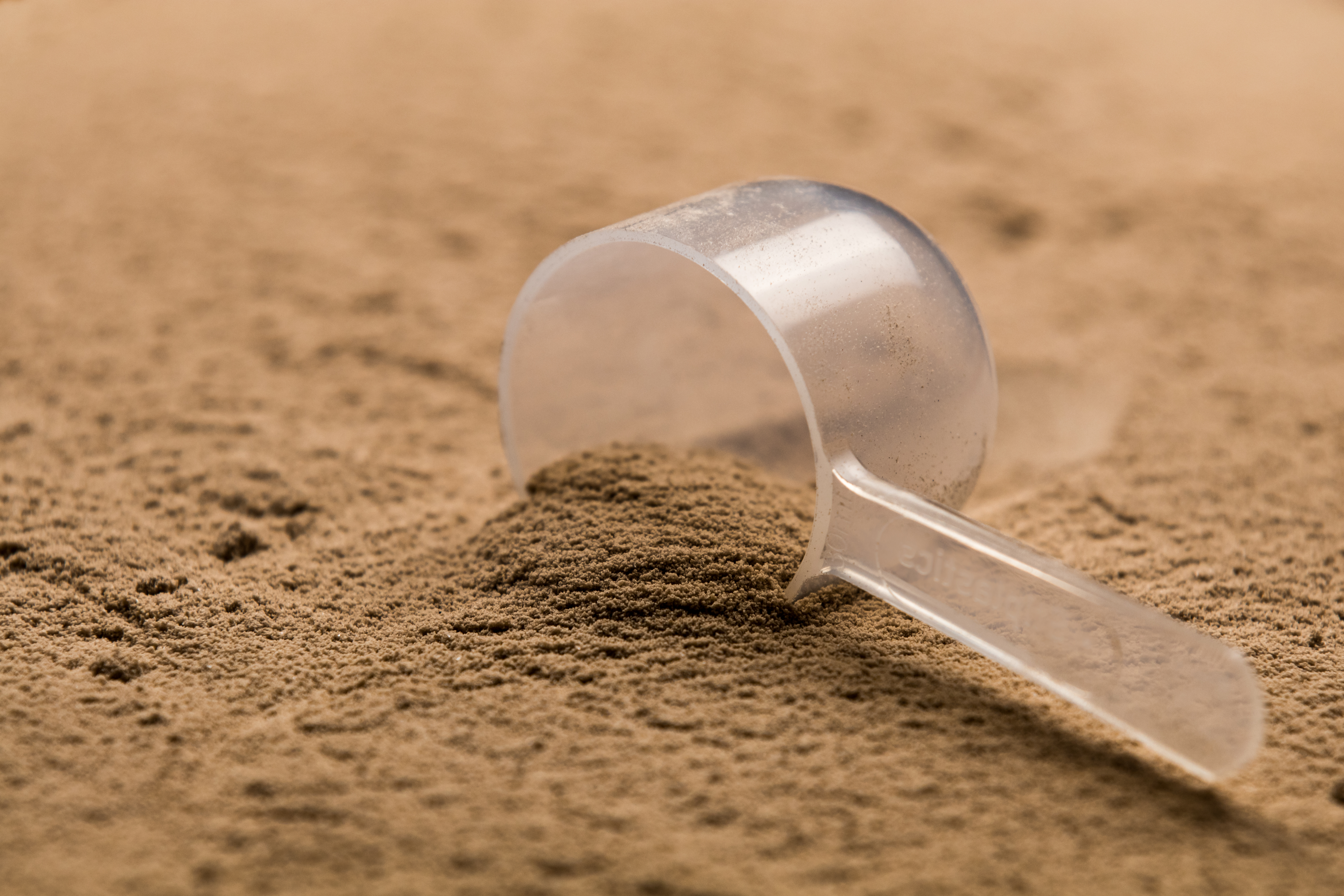A Dietitian's Guide to Lowering Cholesterol Without Medication
33. The Power of Intermittent Fasting

While not a food itself, a strategic eating pattern can significantly influence your cholesterol. Intermittent fasting, which involves cycling between periods of eating and fasting, has been shown to improve a variety of metabolic markers, including cholesterol levels. During the fasting window, your body uses its stored fat for energy, which can lead to a reduction in LDL cholesterol and triglycerides. This practice also enhances insulin sensitivity and reduces inflammation, both of which are critical for heart health. This is a lifestyle strategy that goes beyond food choices to change how your body processes nutrients.
34. The Impact of Whey Protein on Cholesterol

Whey protein, a supplement derived from milk, is not just for bodybuilders. It has been shown to have a positive effect on both LDL and total cholesterol. The lactoferrin and other bioactive peptides in whey protein may reduce cholesterol synthesis in the liver. For individuals looking to increase their protein intake without the saturated fat often found in red meat, a whey protein supplement can be a practical and effective way to support a heart-healthy diet. This provides a different angle from plant-based proteins, which were already discussed.
